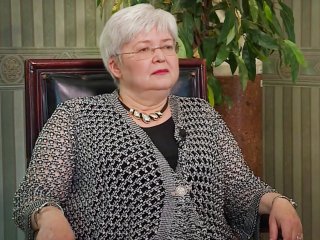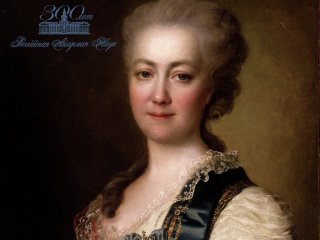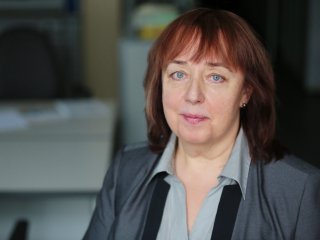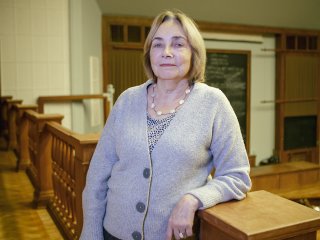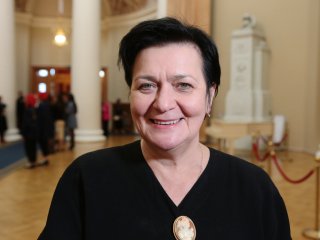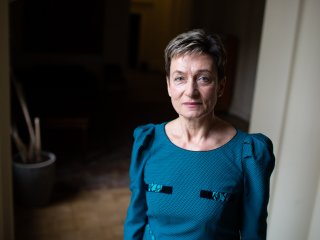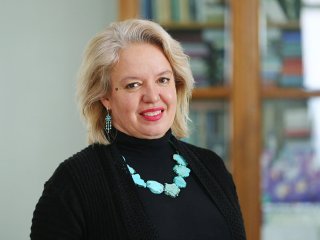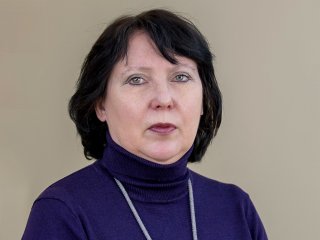Women in science
About the History of Expeditions in Russia and Dramatic Events That Followed
March 28th commemorates the 280th anniversary of the Princess’ birth
A “pinch” of nanotubes in concrete reduces construction costs and makes this material stronger. Our interview with the Head of the Laboratory of Carbon Nanomaterials at RosNOU will tell you about the unique properties and applications of nanotubes
Bacteria and archaea were the first living organisms to appear on our planet. It has been over 2 billion years since then but these invisible creatures still perform irreplaceable functions in the circle of life on Earth. Microbiologist Yelizaveta Aleksandrovna Bonch-Osmolovskaya speaking about microbes and their role in the biosphere development
Irina Fyodorovna Popova, Corresponding Member of the Russian Academy of Sciences, Director of the Institute of Oriental Manuscripts of the Russian Academy of Sciences, renowned sinologist, Doctor of Historical Sciences, will tell us about the influence of Peter I on Oriental studies, the ties of the RAS with St. Petersburg, and research of Oriental manuscripts
The atomic clock that the modern satellite navigation can hardly manage without has a lot of non-obvious applications: from a search for dark matter and a drift of fundamental constants to Earth’s gravitational potential mapping. Head of the Complex Quantum Systems Optics Laboratory of P.N. Lebedev Physical Institute of the Russian Academy of Sciences Ksenia Khabarova has told the Scientific Russia portal about the purpose of the atomic clock and its working principle
What is modern Africa like? How true are the popular stereotypes about this continent? What stage are Russia-Africa relations currently at?
The amount of vapor in the atmosphere has increased by 4% since the mid-1990s. How significant is the impact of water vapor on climate change?
Why does the immune system attack the body? How does stress cause autoimmune reactions? Ekaterina Anatolyevna Troshina, RAS Corresponding Member, answers these questions
In her interview, Candidate of Geographical Sciences and Head of the Northern Water Problems Institute at the Karelian Research Center of the Russian Academy of Sciences (KarRC RAS) Larisa Evgenyevna Nazarova discusses climate change in the White Sea region and her research on Northern waters.
Partners
Show allOur mobile application
Social networking
Recent
Popular
Lectures
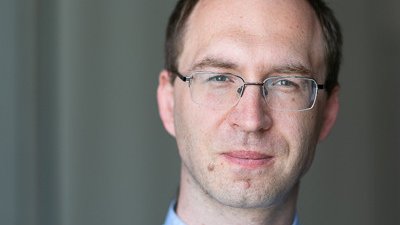
The aquatic ecosystems of the dry land intensively emit greenhouse gases. How and why? Doctor of Physical and Mathematical Sciences Viktor Stepanenko tells us about it
